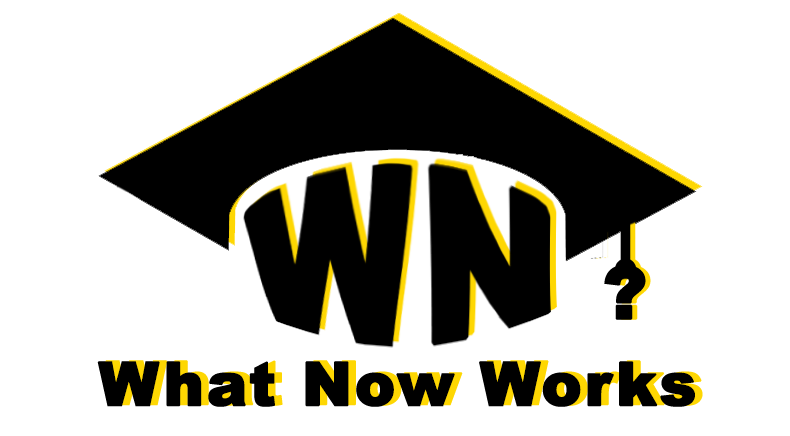Job interviews are like first dates in that everyone’s trying to impress, nobody’s showing their flaws, and someone might be hiding a dealbreaker. In my career, I’ve worked within various talent acquisition teams that were as smooth as butter and others that were… well, let’s just say they were a bit lumpy. Over time, I’ve picked up on the subtle (and not-so-subtle) phrases hiring managers use that can raise red flags about what it’s really like to work there.
Let’s break down some common interview buzzwords that should make you pause, dig deeper, or, in some cases, run for the hills.
“We’re Looking for Someone Who Can Hit the Ground Running”
What It Sounds Like:
“You’re a rockstar who can jump in and start making an impact from Day 1!”
What It Usually Means:
“We don’t have a real onboarding process. No one’s going to tell you what to do, but we’ll expect you to magically figure it out anyway.”
While being proactive is a great skill, a lack of onboarding can set you up for failure. If you hear this phrase, ask follow-up questions like:
• “What does the onboarding process look like?”
• “What resources or support will I have during my first few weeks?”
“We Want a Self-Starter”
What It Sounds Like:
“We value independence and initiative!”
What It Usually Means:
“There’s no clear direction, no systems in place, and probably no one to guide you. You’ll be building the plane as it flies—good luck!”
This can be a green flag if you love autonomy and building things from scratch. But if you’re walking into chaos, you need to know. Try asking:
• “What’s the team structure and leadership style?”
• “Are there established processes, or would I need to create them?”
“We’re Like a Family Here”
What It Sounds Like:
“We care about each other and go above and beyond!”
What It Usually Means:
“We have no work-life boundaries, and you’ll probably get texts at midnight about a project due tomorrow.”
Families are great for Sunday dinners, but not for workplace dynamics. Watch for signs of blurred boundaries. Ask:
• “How does the team prioritize work-life balance?”
• “What does a typical workweek look like here?”
“This Is a Fast-Paced Environment”
What It Sounds Like:
“You’ll never be bored!”
What It Usually Means:
“We’re perpetually understaffed, deadlines are insane, and everyone’s juggling three jobs. Hope you like adrenaline!”
Fast-paced can be energizing or overwhelming, depending on the setup. Make sure it’s not code for burnout by asking:
• “How does the team manage workload and prioritize tasks?”
• “Are there systems in place to support high productivity without burnout?”
Red flags aren’t always dealbreakers, but they’re a sign to proceed with caution. If you hear any of these phrases, it’s time to investigate. Follow up with pointed questions to get clarity. Trust your gut. If something feels off, it probably is. Remember, an interview is a two-way street. It’s not just about whether they want to hire you; it’s about whether you want to work there. The goal isn’t just to land any job, it’s to find one that respects your time, values your skills, and supports your growth. Because at the end of the day, you’re not just a “rockstar” or a “self-starter”—you’re a professional who deserves clarity, respect, and a job that helps you thrive.

